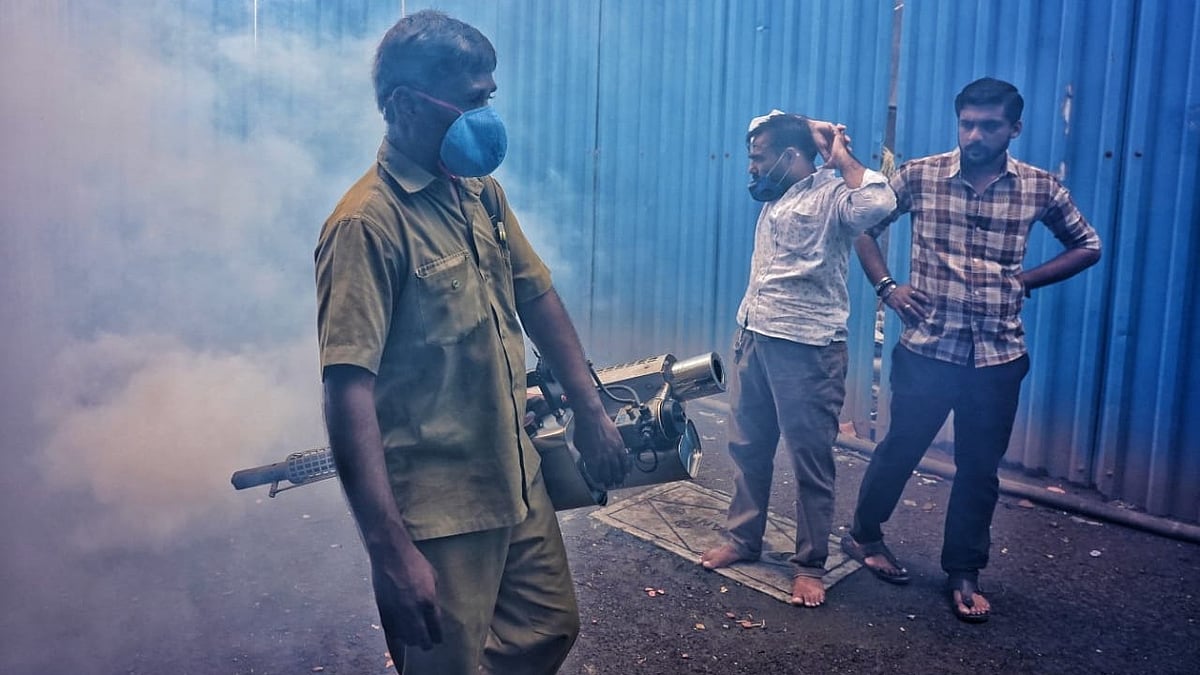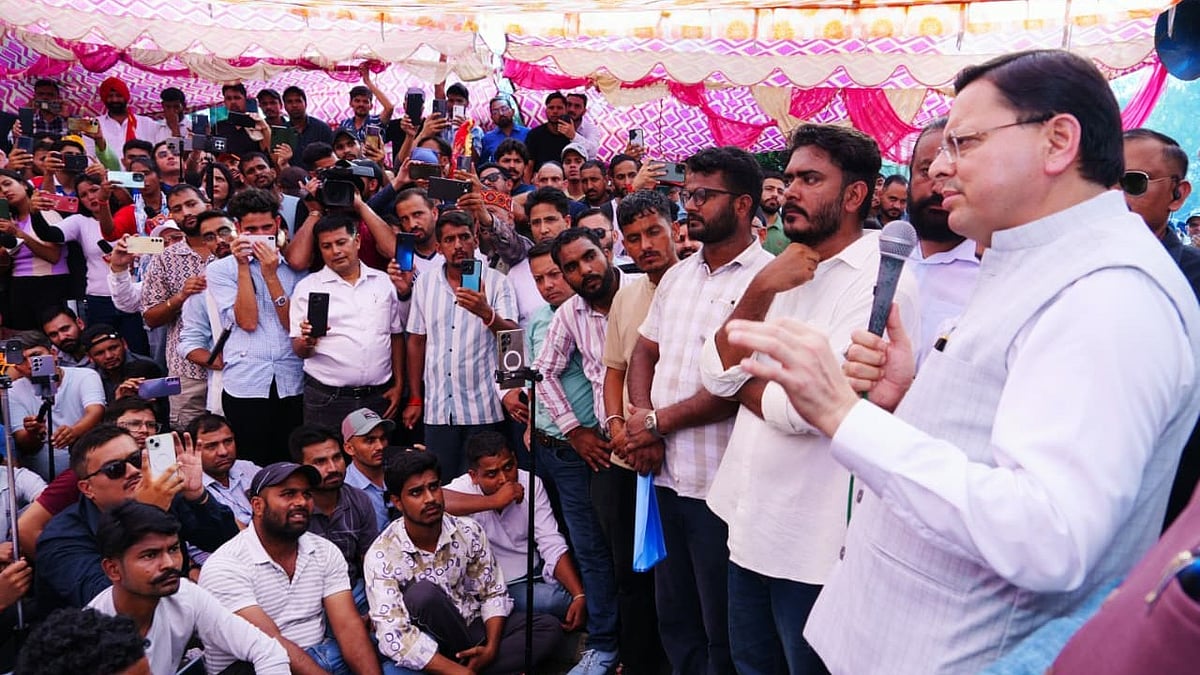By mid-September, Mumbai has already reported over 6,000 malaria cases, around 21% higher than the previous year. The Brihanmumbai Municipal Corporation (BMC) Health Department attributed the rise to the early monsoon and excessive rainfall. However, experts warn that poor surveillance and testing are also driving the increase.
BMC Falling Short on ABER Target
These gaps came to light during a recent Medical Officer training programme, where officials revealed that the BMC has consistently failed to meet the benchmark for the Annual Blood Examination Rate (ABER), a key malaria control indicator.
ABER measures the percentage of people tested for malaria annually and is calculated by dividing the number of blood slides examined by the mid-year population and multiplying by 100. “A higher ABER indicates active malaria testing, while a low ABER points to insufficient surveillance,” said a medical official who requested anonymity. National guidelines recommend an ABER of at least 12%, but Mumbai has repeatedly fallen short, partly due to reliance on Rapid Diagnostic Kits rather than the gold-standard blood smear tests.
ABER Data from 2015 to 2024
Data from 2015 to 2024 show that the BMC has rarely met the ABER target: 11.3% in 2015, 12.1% in 2016, 11.0% in 2017, 11.8% in 2018, 11.1% in 2019, 6.8% in 2020, 9.3% in 2021, 10.5% in 2022, 10.8% in 2023, and 11.7% in 2024. The lowest rate, 6.8%, was recorded in 2020 during the COVID-19 pandemic.
API Shows Uneven Progress Across Wards
Another key indicator, the Annual Parasitic Index (API), shows uneven progress across Mumbai’s wards. While 18 wards report an API between 0 and 1 (elimination phase) and six wards between 1 and 2 (pre-elimination phase), E Ward exceeds an API of 2, placing it in the intensified control phase. Overall, the city’s API remains below 1.

Elimination Target by 2030
The Government of India aims to eliminate malaria by 2030, which requires WHO certification over three consecutive years. For Mumbai to meet this target, malaria would need to be eradicated from the city by 2027.
The Free Press Journal attempted to contact Dr. Anita Inamdar, Malaria Surveillance Officer, BMC, but she did not respond to calls or messages.
Budget Advertisement: To get details on exclusive and budget-friendly property deals in Mumbai & surrounding regions, do visit: https://budgetproperties.in/









